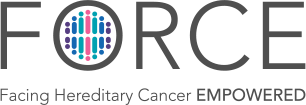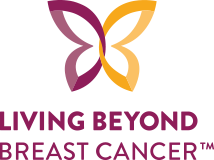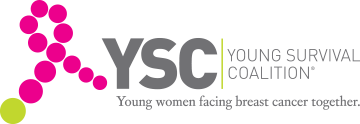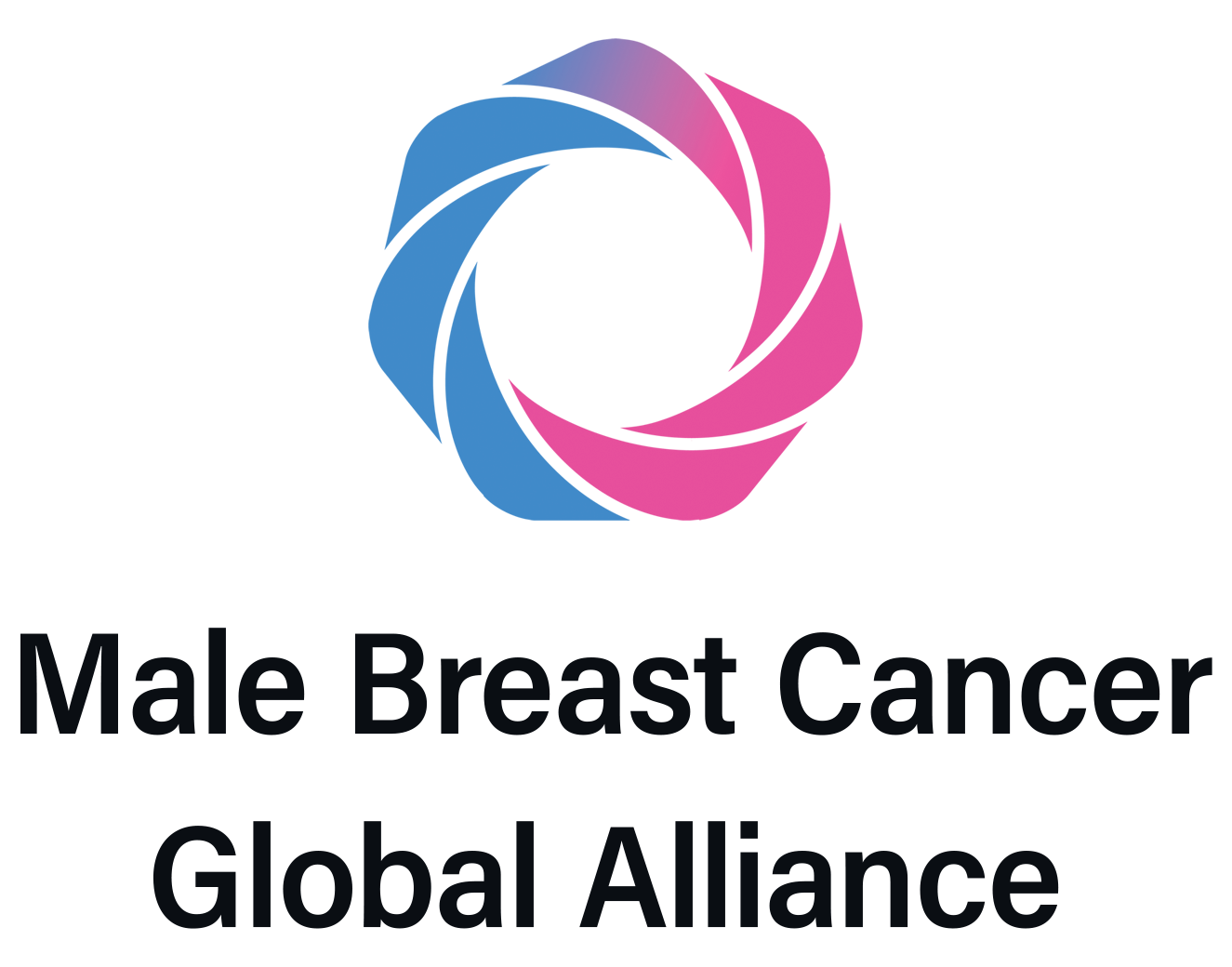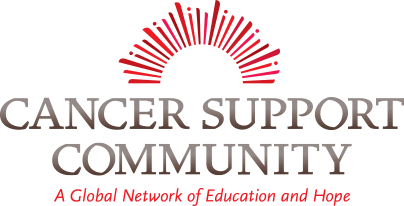No Pink Tutus Here, Let’s Talk Activism
By Dana
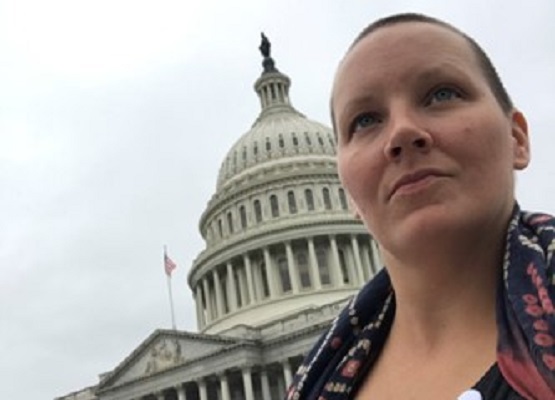
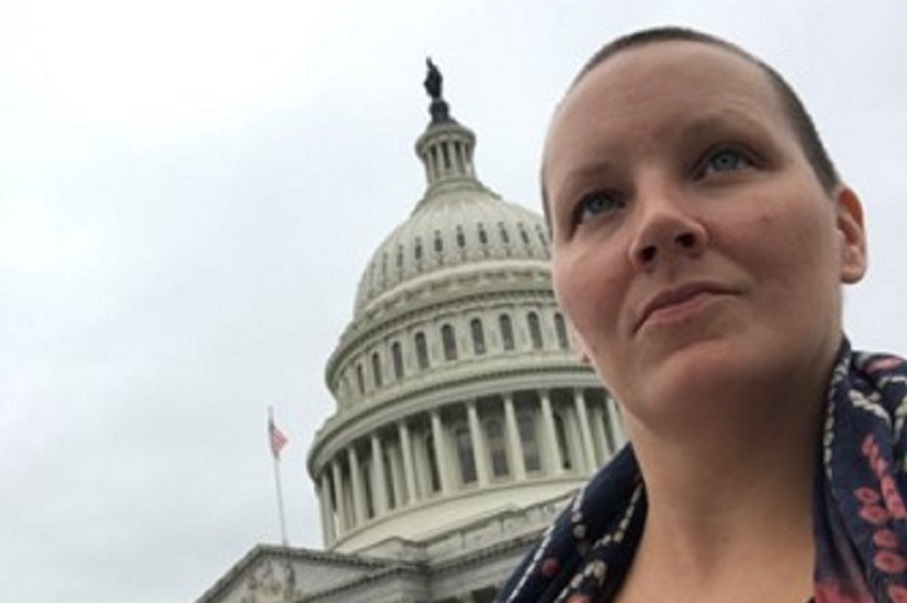
Ally. Advocate. Activist.
Ally = Uniting in a common purpose.
Advocate = Publicly supporting a cause.
Activist = Campaigning for social change.
Which are you? Because we need them all in our global fight against breast cancer.
Advocating for patients with breast cancer, especially Stage IV breast cancer, can feel overwhelming. Maybe you are unsure where to start, or maybe you have guilt you aren’t doing enough. Some people even fear using their voice for change, and that’s okay. There are many levels of advocacy, and we need them all.
My Breast Cancer Story: Diagnosed at 27
I never expected to be an ally, advocate, or activist after I was diagnosed with breast cancer. The words or actions never popped into my mind. I just started sharing my experience and my story, and it just happened. Some say it’s a “calling,” others question how I could remain so dedicated after so long. To me, the answer is easy. We simply DO NOT have a choice; we must support change, or we will continue to die of a disease for which the outcomes could be positively impacted if we could show up for those living with all types of breast cancer.
I’ve been a breast cancer patient for the last 12 years. In 2010, when I was diagnosed at 27, my world changed in a moment, and it changed for forever. Except for skin cancer, breast cancer is the most common cancer in women in the U.S. I understand how lucky I am to be able to continue sharing my story, even after all this time.
When I first started telling my story, it was because I was creating new intimates to fit our altered bodies after breast surgery and mastectomy. I never expected this form of advocacy would become my passion and propel and change the way I talk and think about breast cancer.
What Lit My Advocacy Fire
My advocacy was first ignited when I noticed a lot of breast cancer awareness campaigns did not represent me. They were often filled with older women smiling, and some action shot of jumping or hugging covered in pink feather boas, tutus, and whatever other propaganda was available. I was none of those things. I was definitely NOT smiling, I was not grey, and I was not frolicking (or moving much at all for that matter) after amputating my breasts, surviving 6 rounds of chemotherapy, and experiencing menopause at 28.
I then learned that about 9% of women diagnosed annually are under 45. So, I gave them a pass (for a brief moment). I would think to myself, “OK, maybe some people don’t know young women get breast cancer.” I was told over and over again, in and out of the doctor’s office, “Oh honey, you are too young for this.”
That is what started a version of advocacy. What do I need to do to bring attention to the fact that I am NOT too young? Breast cancer knows no bounds. It afflicts anyone, men and women, young and old, different backgrounds, cultures, and races. We needed to see more. We desperately needed representation, and even more so, we need to speak the truth of what breast cancer really is.
My fire grew bigger after a friend’s funeral. Diana and I were diagnosed within weeks of one another. Me with early stage HER2+, invasive ductal carcinoma, Diana, early-stage lobular cancer, which evolved into inflammatory breast cancer, that metastasized beyond the breast. We often compared experiences. But while I was getting “better”, she was getting progressively worse. We didn’t know the difference, and we both thought we had options. We always thought she would find something that worked for her and one day she would be in remission just like me. We just had to be patient until that day came.
I called Diana. I texted her. I called again. And after a few days of no response, I checked her Facebook. Her last post was written by her partner. “I am sorry to inform you all, but…………”
In this community, we are all way too familiar with that last and final message on our social media.
I fell to my knees. Literally. Reality, guilt, pain, confusion, sadness and anger all came rushing over me. Why her? Why not me? Why? I couldn’t answer any of the questions, I broke down, I didn’t really ever recover from that moment, and that moment is one that will fuel this fire inside of me until we do something to change this!
What I’ve Learned About Being “An Activist”
- Showing up is the first step. It will lead to learning, engagement, and friends
- Sharing your own experience can empower others who may not know where to turn
- Speaking up about the hard truths of breast cancer can be what is needed to change the conversation
Over the last 10 years, many activists have worked tirelessly to bring attention to Stage IV Breast Cancer and to drive awareness of the absolute need to fund and fuel research if we are going to move the needle closer to a longer life span and better health outcomes.
How You Can Light Your Advocacy Fire, Too
- Find organizations, like METAvivor, that structure advocacy activities, like lobbying on Capitol Hill
- Get engaged with programs, like Story Half Told, that give you a platform to share your story
- Connect with your local hospitals and cancer centers to support programming and community engagement
- Volunteer with non-profits for support to other breast cancer patients
- Share your experience on social media to empower and encourage others newly diagnosed or facing Stage IV progression
I ask you. Will you join us?
Will you ALLY with us to support us?
Will you ADVOCATE for change and raise your voice to those in your community and beyond?
Will you ACTIVATE and engage with others to raise the bar on better care and attention, and make a difference?
So that every one of us gets ONE MORE day with those we love.
Together we are stronger. Together we make a difference. Together we are Never Alone.
For additional support, please visit our resources page from our partners in Metastatic Breast Cancer.


